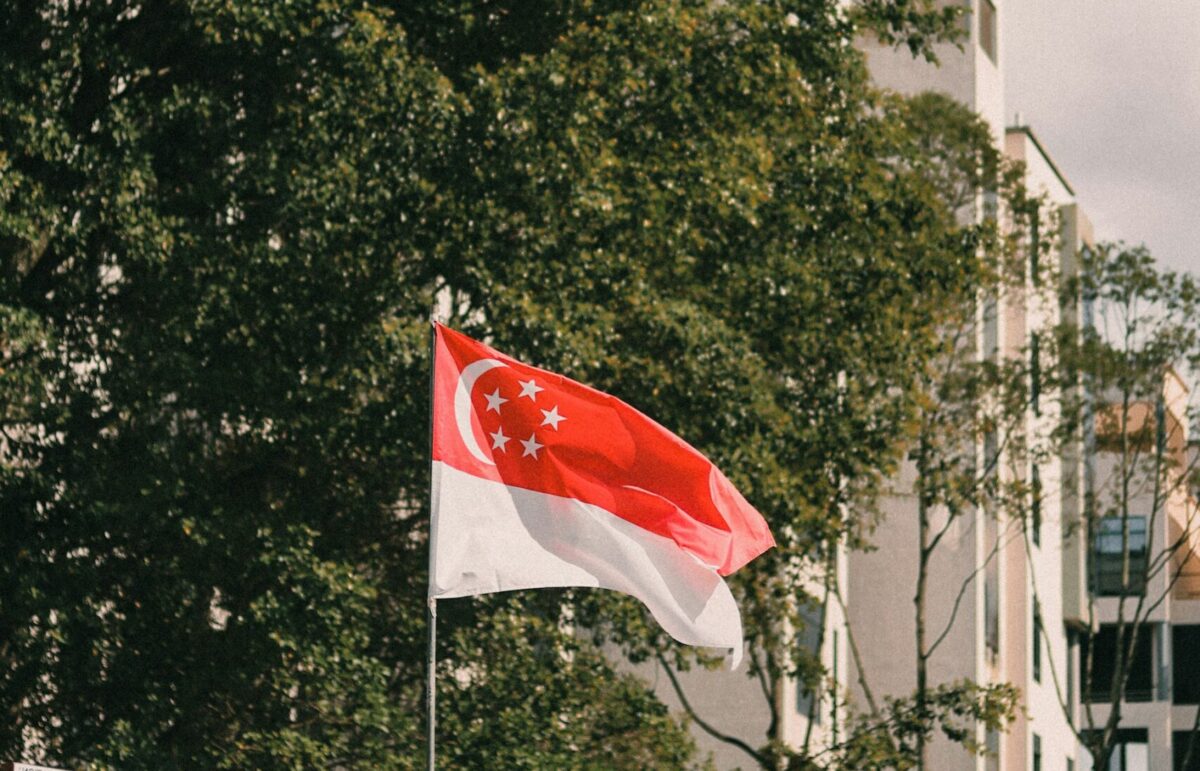Singapore is on track to meet its 2030 solar energy goals, according to a new study. The country has set a target of increasing its solar capacity to 2 GW by the end of the decade, up from 300 MW at present.
The study, “Evaluating the growth of Singapore's solar electricity capacity towards Green Plan 2030 targets and beyond using system dynamics modelling approach,” is available in the December edition of Applied Energy. It identifies solar electricity as the most feasible source of renewable energy for Singapore’s energy mix, which currently consists 95% of natural gas.
The researchers, from the National University of Singapore, used systems thinking and system dynamics (ST&SD) modeling methodology to evaluate the growth of Singapore’s solar capacity, carbon emissions savings, and share of electricity demand, with consideration for factors such as area utilization, subsidies, and PV panel efficiency.
The methodology included simulations on existing policies, both individual and in combination, to provide analysis of their future impact. Results from model simulations and projections indicated that Singapore is on track to meet its solar capacity target of 2 GW by 2030, and potentially by 2028.
Projections by the Solar Energy Research Institute of Singapore show that the share of solar energy in Singapore’s national grid will reach between 2% and 6% in 2030, and between 3.5% and 8% in 2040.
Based on the findings, the researchers recommend Singapore aims for solar to have an 8% share of its electricity grid by 2040, but adds that the government should introduce policies to support solar deployment, including increased area utilization, subsidies, and higher panel efficiency, to ensure that the target is met.
“The ST&SD methodology discussed here can complement existing initiatives and policies by various agencies, stakeholders and the government in planning long-term energy security solutions for a land-scarce country like Singapore,” said Dr. Bellam Sreenivasulu, one of the study's authors. “These efforts will be crucial for securing an environmentally friendly energy mix and deployment in Singapore’s context.”
This content is protected by copyright and may not be reused. If you want to cooperate with us and would like to reuse some of our content, please contact: editors@pv-magazine.com.




By submitting this form you agree to pv magazine using your data for the purposes of publishing your comment.
Your personal data will only be disclosed or otherwise transmitted to third parties for the purposes of spam filtering or if this is necessary for technical maintenance of the website. Any other transfer to third parties will not take place unless this is justified on the basis of applicable data protection regulations or if pv magazine is legally obliged to do so.
You may revoke this consent at any time with effect for the future, in which case your personal data will be deleted immediately. Otherwise, your data will be deleted if pv magazine has processed your request or the purpose of data storage is fulfilled.
Further information on data privacy can be found in our Data Protection Policy.